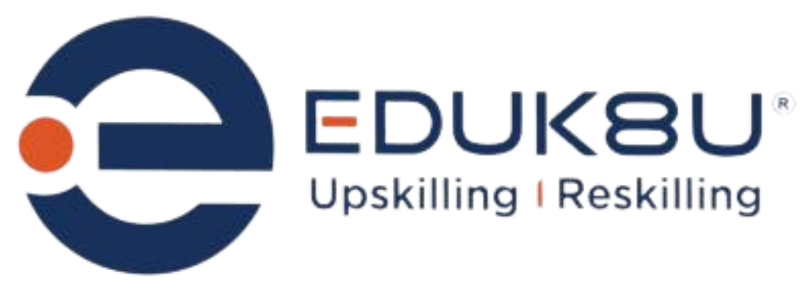Generally speaking, flexible work is becoming a new standard across the globe with varied suitability for firms that operate across multiple borders. ‘Flexibility’ can take on different forms depending on the sector an organisation plays in, what requirements its customers need, and how they interact.
Beyond the standard flexible working mode, some countries and firms even adjust work hours for their employees based on requests. For instance, if they cannot meet up for some hours in the morning, they can easily make up in the evening or another day.
The 1996 Working Hours Act (Finland) embraced the policy for over two decades, based on the citizens exhibiting a deep history and culture of trust and pragmatism. The study revealed that Finland became the most flexible working country by 2011. Nations like the UK, the US, Russia, Japan, and Australia follow it.
Recently, Malaysia introduced a flexible work arrangement (effective from September 1, 2022) where employees would be eligible to apply for it with their respective employers in writing. This is based on several studies that reveal how employees have retained their productivity level for four days.
Perks of the Flexible Working Arrangements
One of the perks of the flexible working arrangements is its ability to help employees with family obligations to be able to cope with work, so family and work do not compete with but complement each other. It has also been shown to help organisations retain talent, especially during difficult times such as a recession or pandemic.
With the numerous benefits offered by the flexible work policy, it has become a strategic staffing management solution. As more organisations embrace it, HR managers must be familiar with the best way to implement and manage it. This is necessary to avoid a situation with no clear boundaries over schedules and working hours.
Preparation Tips for HR Managers
Since HR managers are at the centre of recruiting and onboarding employees, they are responsible for making the Flexible Work Arrangement (FWA) work in their respective organisations. There is the need to keep the arrangements as formal policies so employees that don’t enjoy the privilege won’t develop feelings of inequality.
Implementing a formal flexible work policy starts by determining the basis for the objectives and the problem. This will help you choose the most suitable arrangement. For instance, the remote working mode might be the best in a situation where an organisation has cost management motivation on real estate or higher levels of non-client-facing tasks and roles.
Then, the next thing is to consider how the policy choice will affect your employees, clients, and even the HR department. A flexible working approach should be transparent and fair and comply with prevailing employment law and legislation. It should state guidelines and procedures on the arrangements and how they work.
In terms of benefits, no employee should be denied certain benefits just because they work from home. HR managers are responsible for ensuring every employee continues to enjoy company rewards and benefits to which they are entitled. For instance, if your company pays for staff lunch, an alternative might be to offer concerned employees e-vouchers to use in their choice of restaurant.
To implement the arrangements, employees need to be familiar with the flexible options provided by the organisation. Therefore, it is necessary to sensitise them on how the structure works. This is to address possible concerns they might have about the options.
Also, flexible arrangements require that HR managers establish great communication channels for employees and team members so they can collaborate with other employees while working flexibly. It is a good step towards fostering a deep sense of cohesiveness and teamwork. This may be anything from an instant messaging app to a screen-sharing feature and remote conference tool.
Ultimately, HR managers recruiting new talent need to consider flexible working during the hiring process. They should be able to communicate clearly to prospective employees and evaluate how the policy will suit each candidate during the hiring process.
Conclusion
Flexible work arrangements don’t appear to be phasing out anytime soon. They aren’t also limited to remote working. Flexible arrangements can not be a one size fits all approach that can be taken as an off-the-shelf solution or copied and pasted from another organisation’s policy and structure. Therefore, HR managers should think outside the box to determine the best fit arrangement to ensure alignment with their organisation’s strategies and longer-term goals.
References
https://www.ehstoday.com/international/news/finland-sweden-australia-flexible-work-schedules-0606
To explore more on HR certification in Malaysia, join our Executive Master in Human Resource Management double certification in human resources with SHRM (Society for Human Resource Management) and NOCN UK (National Open College Network)
Drop us an email: info@eduk8u.com; or WhatsApp to https://wa.me/60125533654









